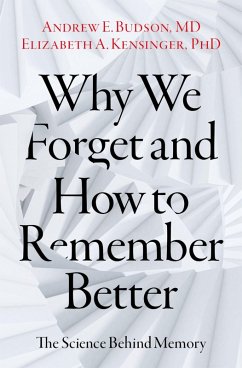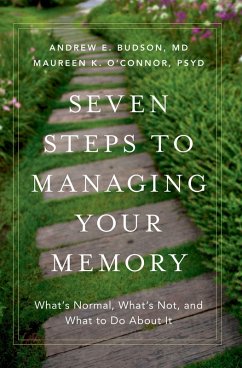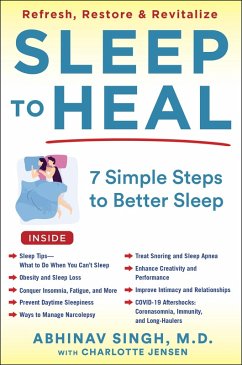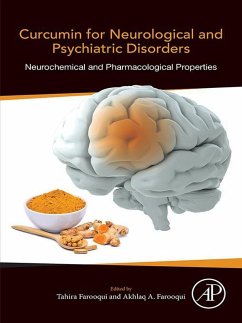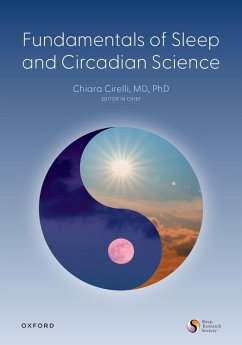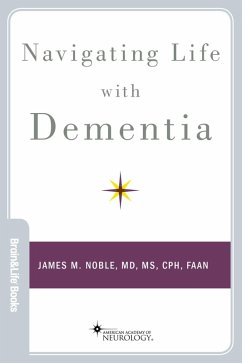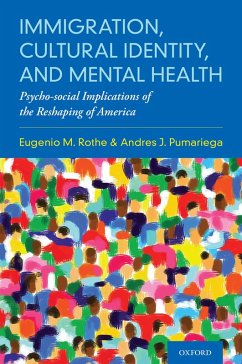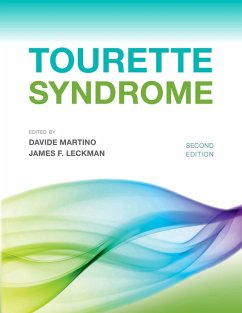
Why We Forget and How To Remember Better (eBook, ePUB)
The Science Behind Memory

PAYBACK Punkte
7 °P sammeln!
Remember things better by understanding how your memory works. If memory is a simple thing, why does it so often go awry? Why is forgetting so common? How can you be certain about something you remember--and be wrong about it? Why is it so difficult to remember people's names? How can you study hard for an exam but not be able to recall the material on the test? In Why We Forget, Dr. Andrew Budson and Dr. Elizabeth Kensinger address these questions and more, using their years of experience to guide readers into better memory. Why We Forget and How to Remember Better shows you how to use these ...
Remember things better by understanding how your memory works. If memory is a simple thing, why does it so often go awry? Why is forgetting so common? How can you be certain about something you remember--and be wrong about it? Why is it so difficult to remember people's names? How can you study hard for an exam but not be able to recall the material on the test? In Why We Forget, Dr. Andrew Budson and Dr. Elizabeth Kensinger address these questions and more, using their years of experience to guide readers into better memory. Why We Forget and How to Remember Better shows you how to use these answers to improve your memory. In its pages you will learn: · How memory's most important function isn't to help you remember details from your past. · How memory is actually a collection of different abilities. · How you create, store, and retrieve memories of your daily life. · Ways to control what you remember and what you forget. · Ways to distinguish between a true and false memory. · Effective ways to study for an exam. · How to remember people's names, all your passwords, 50 digits of Pi, and anything else you wish. · How memory changes in normal aging, Alzheimer's disease, depression, anxiety, PTSD, ADHD, and other disorders-including COVID brain fog. · How exercise, nutrition, alcohol, cannabis, sleep, mindfulness, and music affect your memory. Why We Forget and How to Remember Better uses the science of memory to empower you with the knowledge you need to remember better, whether you are a college student looking to ace your next exam, a business professional preparing a presentation, or a healthcare worker needing to memorize the 600+ muscles in the human body.
Dieser Download kann aus rechtlichen Gründen nur mit Rechnungsadresse in A, B, BG, CY, CZ, D, DK, EW, E, FIN, F, GR, HR, H, IRL, I, LT, L, LR, M, NL, PL, P, R, S, SLO, SK ausgeliefert werden.




